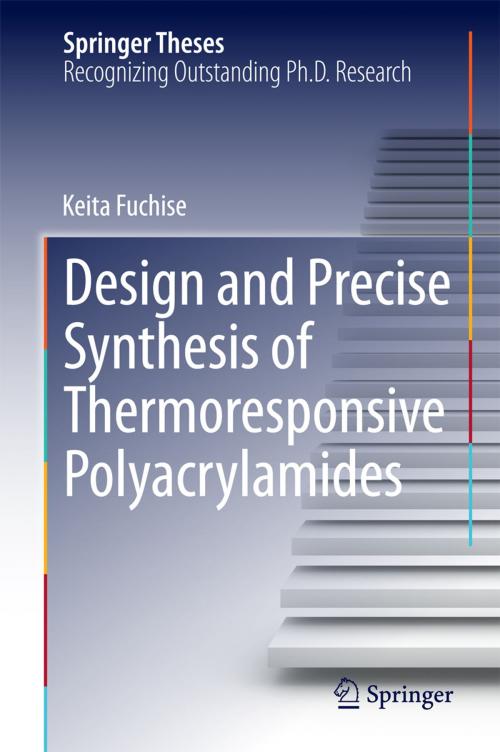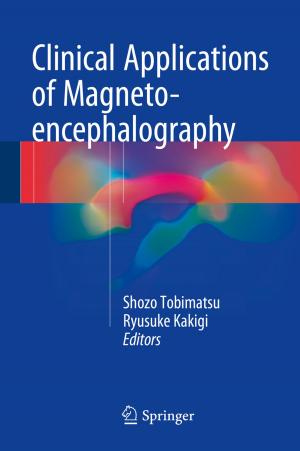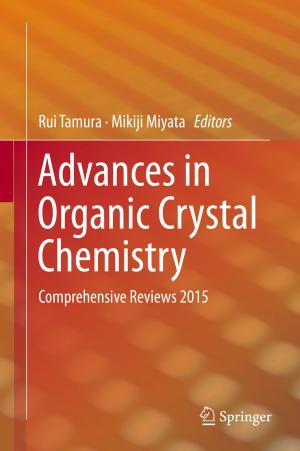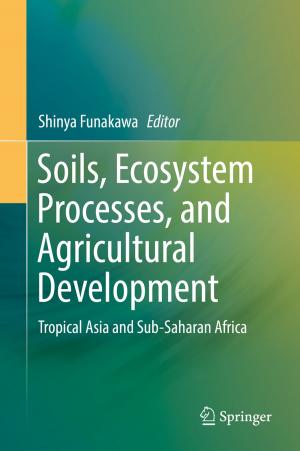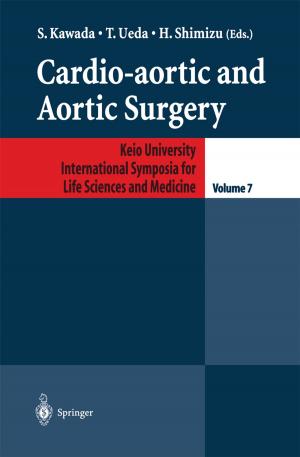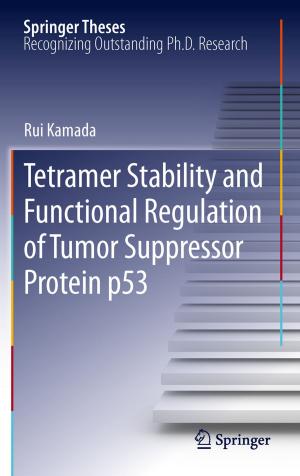Design and Precise Synthesis of Thermoresponsive Polyacrylamides
Nonfiction, Science & Nature, Technology, Textiles & Polymers, Science, Chemistry, Organic| Author: | Keita Fuchise | ISBN: | 9784431550464 |
| Publisher: | Springer Japan | Publication: | May 22, 2014 |
| Imprint: | Springer | Language: | English |
| Author: | Keita Fuchise |
| ISBN: | 9784431550464 |
| Publisher: | Springer Japan |
| Publication: | May 22, 2014 |
| Imprint: | Springer |
| Language: | English |
In this thesis, the author describes versatile and easy-to-use methods to control the properties of thermoresponsive polyacrylamides by developing novel synthetic methods for end-functionalized poly(N-isopropylacrylamide) (PNIPAM) and block copolymers of poly(N,N-diethylacrylamide) (PDEAA). The synthesis of various urea end-functionalized PNIPAMs was achieved by the atom transfer radical polymerization (ATRP) and the click reaction. The phase transition temperature of PNIPAM in water was controlled depending on the strength of the hydrogen bonding of the urea groups introduced at the chain end of the polymer. Novel living polymerization methods for N,N-dimethylacrylamide and N,N-diethylacrylamide were developed by group transfer polymerization (GTP) using a strong Brønsted acid as a precatalyst and an amino silyl enolate as an initiator. This process enabled the precise synthesis of PDEAA and its block copolymers—namely, thermoresponsive amphiphilic block copolymers and double-hydrophilic block copolymers.
In this thesis, the author describes versatile and easy-to-use methods to control the properties of thermoresponsive polyacrylamides by developing novel synthetic methods for end-functionalized poly(N-isopropylacrylamide) (PNIPAM) and block copolymers of poly(N,N-diethylacrylamide) (PDEAA). The synthesis of various urea end-functionalized PNIPAMs was achieved by the atom transfer radical polymerization (ATRP) and the click reaction. The phase transition temperature of PNIPAM in water was controlled depending on the strength of the hydrogen bonding of the urea groups introduced at the chain end of the polymer. Novel living polymerization methods for N,N-dimethylacrylamide and N,N-diethylacrylamide were developed by group transfer polymerization (GTP) using a strong Brønsted acid as a precatalyst and an amino silyl enolate as an initiator. This process enabled the precise synthesis of PDEAA and its block copolymers—namely, thermoresponsive amphiphilic block copolymers and double-hydrophilic block copolymers.
